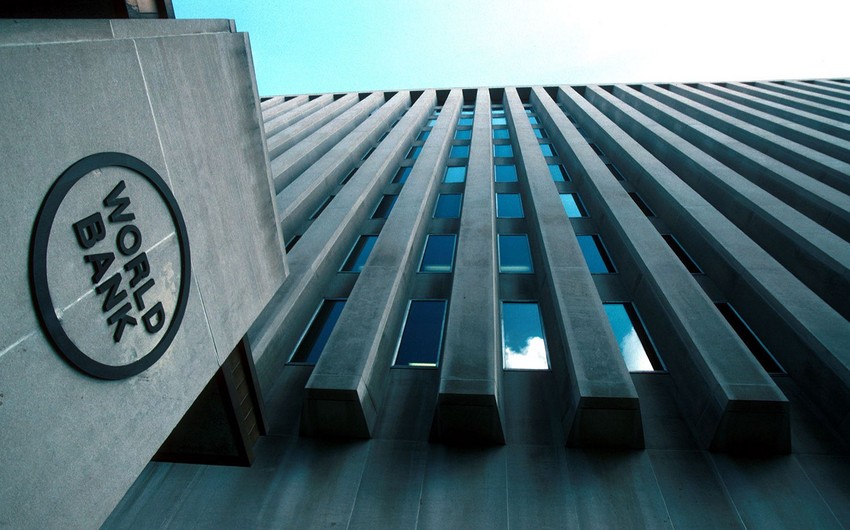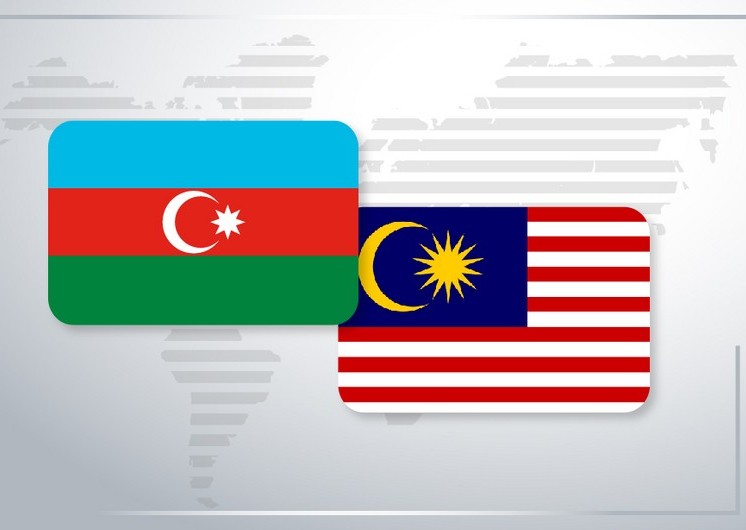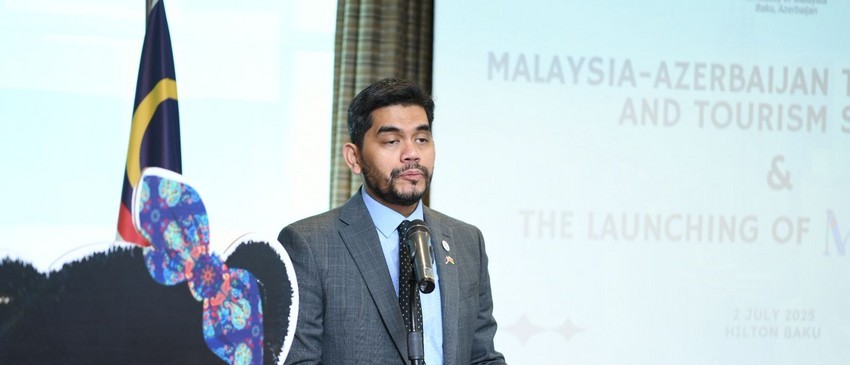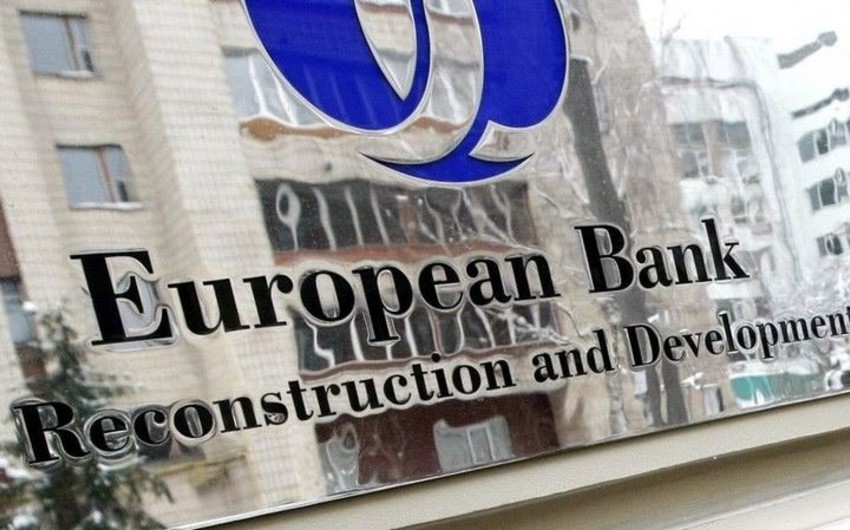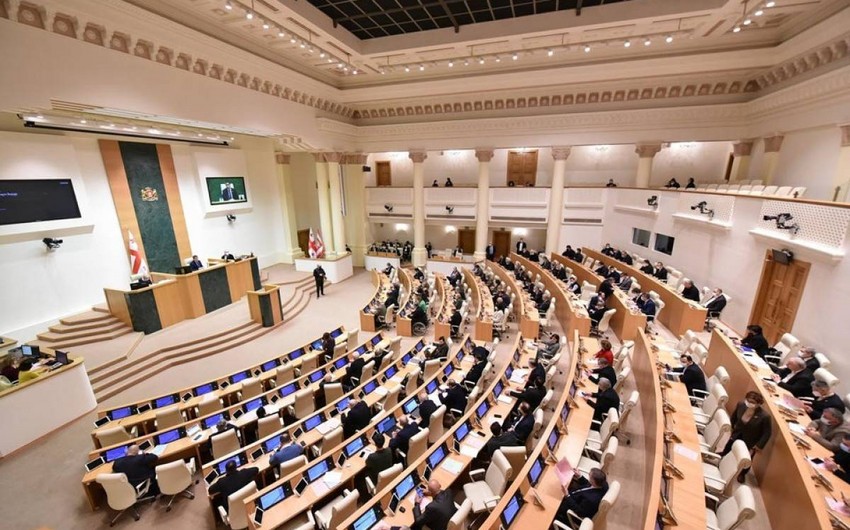Sahiba Gafarova, Speaker of the Azerbaijani Milli Majlis, St. Petersburg, Russian Federation. She participated in the BRICS Parliamentary Forum held in St. Petersburg. Stating that within the framework of its participation, Azerbaijan promotes dialogue, cooperation, and solidarity both in bilateral relations and in multilateral formats, Gafarova said, "These principles are also the priorities of BRICS. Azerbaijan expresses its desire to join BRICS." But how would international experts assess this idea? How can Azerbaijan's interest in this organization as a member of the Non-Aligned Movement affect its current political course?
Ednews presents:
Former U.S. Ambassador to Azerbaijan, Board Member of the Jamestown Foundation Matthew Bryza:
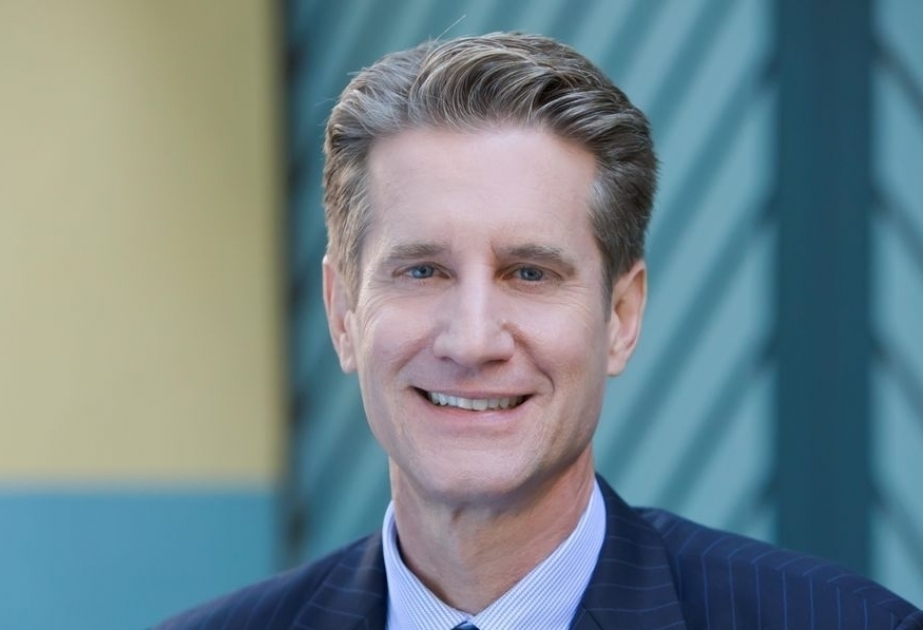
"It's not clear to me whether Speaker Ghaffarov was speaking on behalf of the entire government of Azerbaijan and discussing Azerbaijan's ambition to join the BRICS group, but I would guess she probably did coordinate her statement with President İlham Aliyev and Foreign Minister Bayramov and International Affairs Advisor Hajiyev. Frankly, it's a statement of ambition that is different from what had been the policy of Azerbaijan, which was not to join any additional regional geopolitical blocs. Azerbaijan has been such an important leader for several years of the Non-Aligned Movement. At the same time, Azerbaijan has to manage its diplomatic relations and security relations with the outside world in a careful way, in a balanced way. So Azerbaijan chose a few decades ago to ensure it had very strong ties to Europe and global markets. through the Baku-Tbilisi-Ceyhan oil pipeline, the South Caucasus gas pipeline, and through the Contract of the Century of 1994, initiated by Haydar Aliyev, to welcome international oil companies into Azerbaijan. So I suppose a membership in BRICS would then be a new step in balancing those relations with Europe and the transatlantic community, along with now relations not only with Russia and China but of course Brazil and South Africa and so many additional countries that are India that are aspiring to join the BRICS."
Director of South Caucasus Research Center Farhad Mammadov:

"The Non-Aligned Movement and this organization do not have any correlation, because BRICS is neither a military-political nor an economic block. It is a club created by countries. Its organizational form and structures are still being formed. There is no unified system of decisions either. It is just functioning as a council. Therefore, there is no contradiction here. Membership in BRICS does not entail any military, political, or economic obligations. Azerbaijan has been interested in BRICS for some time. The basis of this interest is that many large countries are concentrated here and with Iran joining the BRICS+ format, almost two of our big neighbors are operating in this format. At the same time, Azerbaijan's strategic partners are also interested in that institution. Also, Turkey expresses its positive position regarding both the Shanghai Cooperation Organization and BRICS. Therefore, these are organizations and formats that do not deny each other."
Bogdan Bezpalko, member of the Council on Foreign Relations under the President of Russia:

The fact is that the BRICS structure is an alternative structure to Western structures such as the G7, NATO, the European Union, and many others. And in this case, it reflects the desire of many countries to break away from the dominance of the West, which has been built over the past 100 years. Naturally, Azerbaijan, in the person of its leadership, may also feel a desire to get out of Western domination and fully strengthen its sovereignty through membership in BRICS. Among other things, BRICS is a structure that reflects not only Russia’s desire to build a new world order, where the West is no longer the dominant force but also such powerful geopolitical and economic forces as China and India. Of course, Azerbaijan will build relations with China. China is nearby.
China is a growing quantity. Southeast Asia is a region to which the center of financial, economic, and industrial life is moving. And China dominates there.
Among other things, this could provide new routes for the export of energy resources or for participation in Chinese projects such as the “Great Silk Road”, and “New Great Silk Road”, for the transit of goods from China to the European Union, that is, from East to West."
Moscow-based analyst Andrew Korybko:
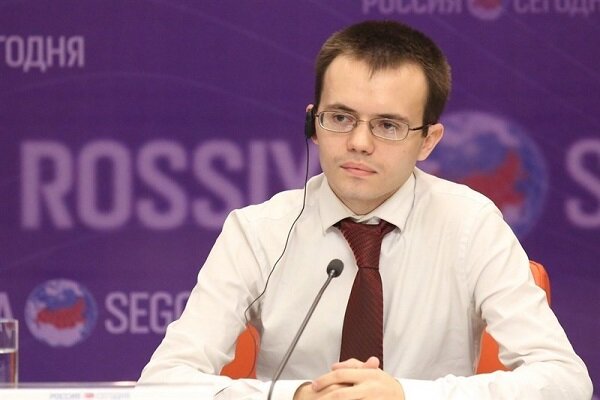
"Azerbaijan’s interest in BRICS is logical since the organization is an apolitical and purely economic-financial one, albeit with explicitly stated interests in reforming International Relations so that they’re more equal and just. This aligns with the purpose of the Non-Aligned Movement that Azerbaijan recently chaired over the past three years. Moreover, it makes perfect sense too since Russia and Iran are BRICS members, and Azerbaijan plans to maximally profit from facilitating trading between them. Its closest ally Turkiye also recently stated its intention to join BRICS as well so that’s another strategic complementarity for Azerbaijan. In the grand strategic sense, Azerbaijan’s location at the crossroads of North-South and East-West trade enables it to play an outsized role in the economic dimension of the global systemic transition to multipolarity, which would be greatly aided by participating in BRICS. Baku deserves a say in this bloc’s related discussions and could soon become a partner. The reason why full membership is unlikely for now is because Russian Foreign Minister Sergey Lavrov recently clarified that formal expansion isn’t on the agenda of this October’s Kazan Summit since BRICS first needs to fully integrate its newest members who officially joined at the start of the year. Nevertheless, the category of partner countries via the BRICS+ format is currently being worked out, and it’s here where Azerbaijan can expect to participate in the group."
Correspondent: Akbar Novruz





